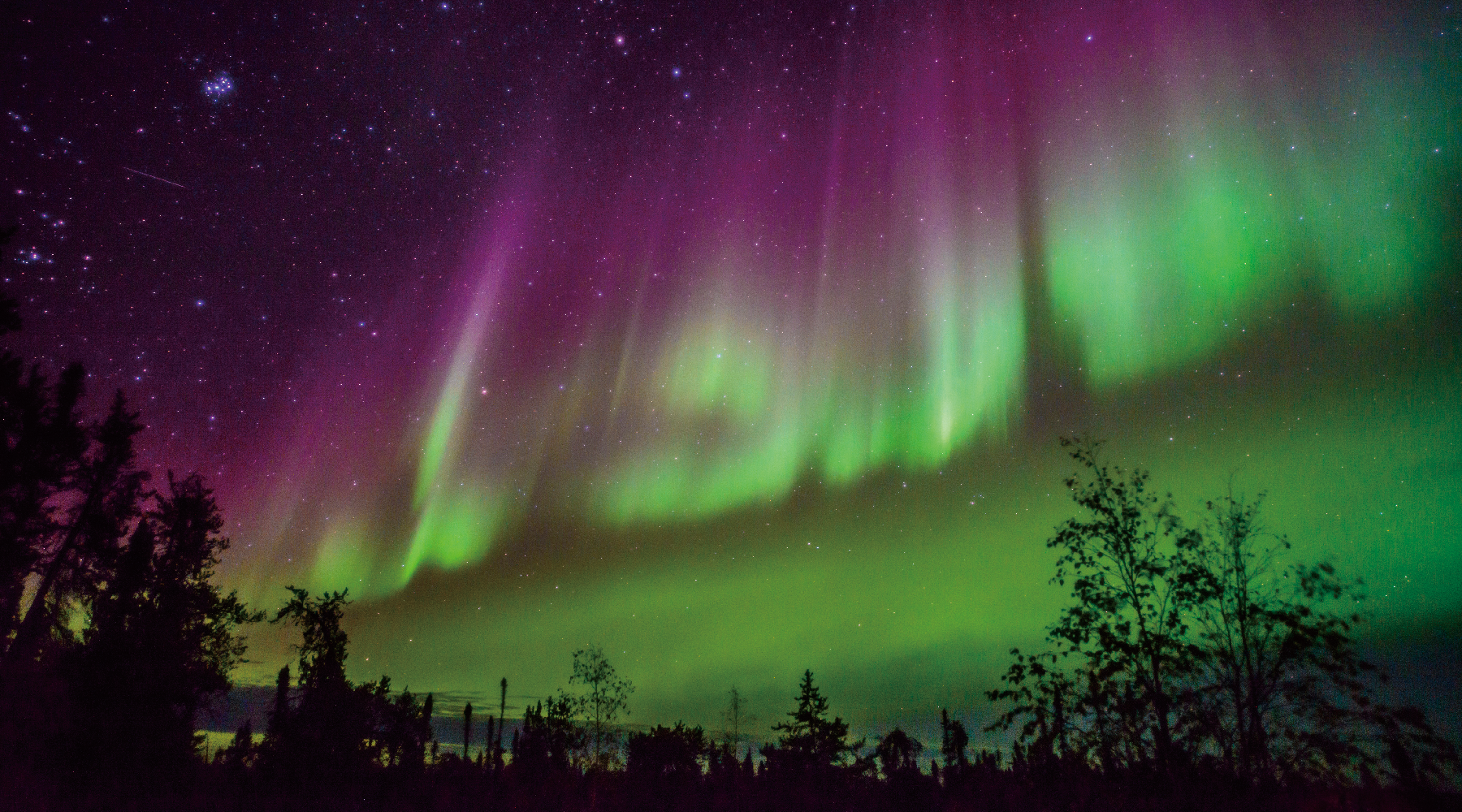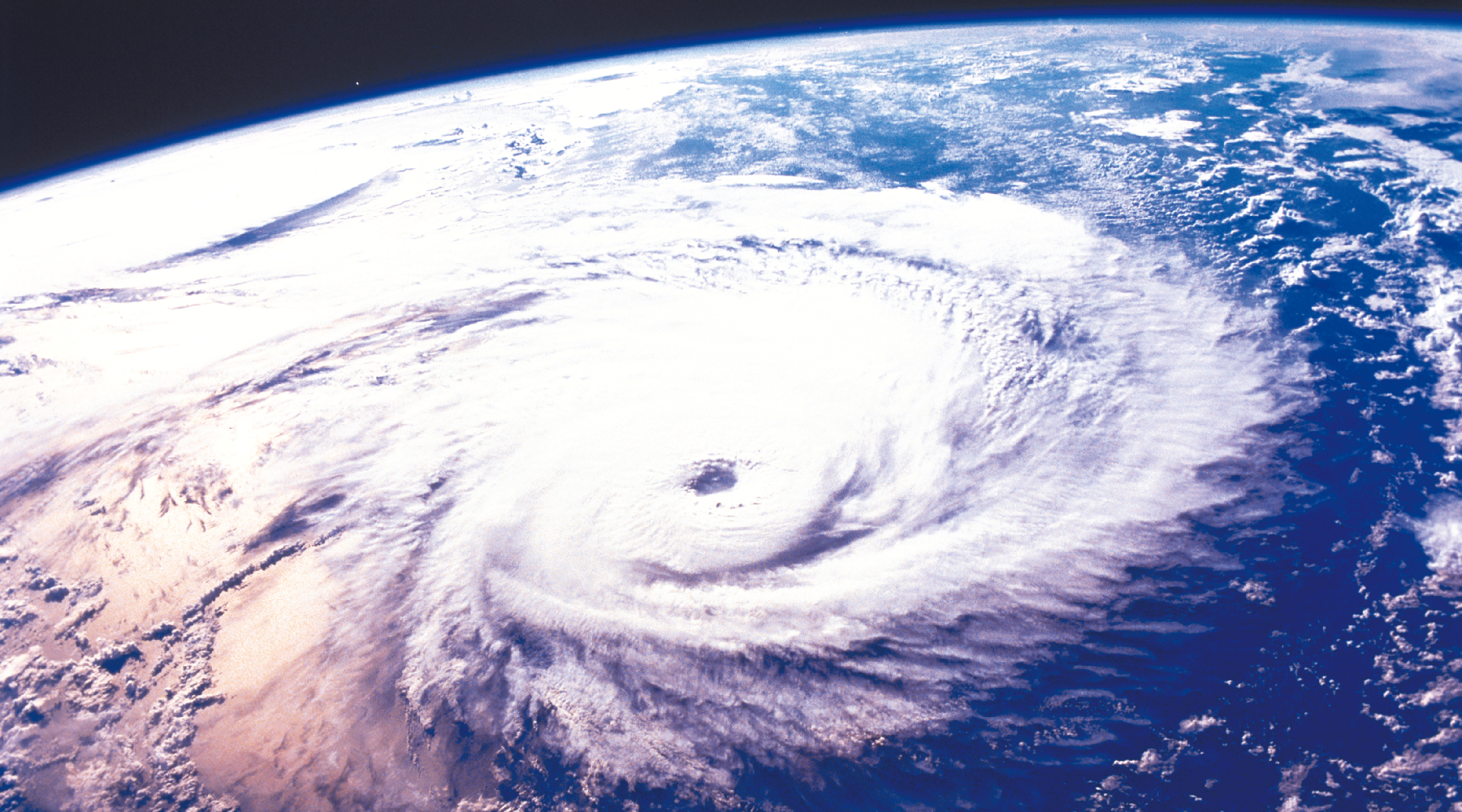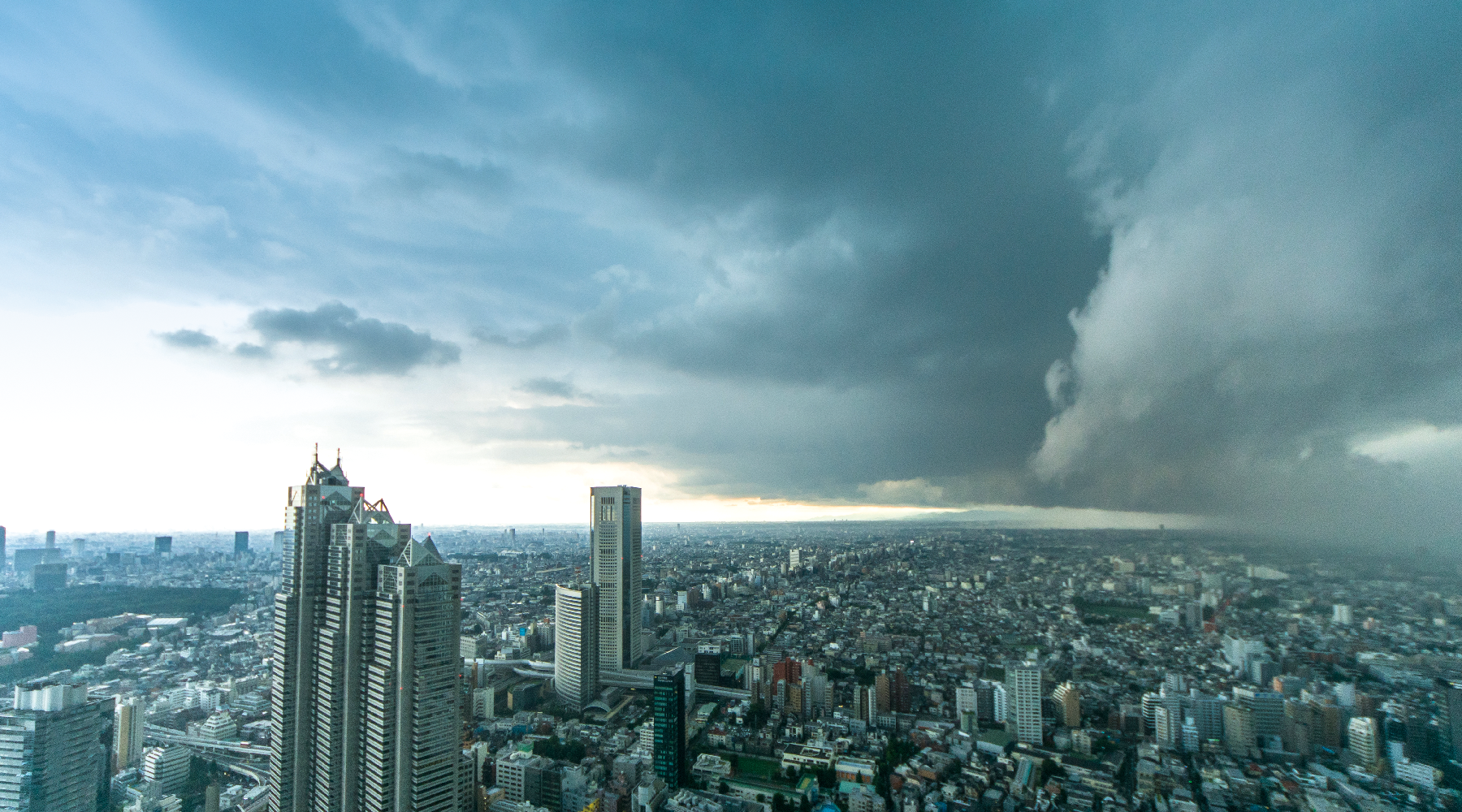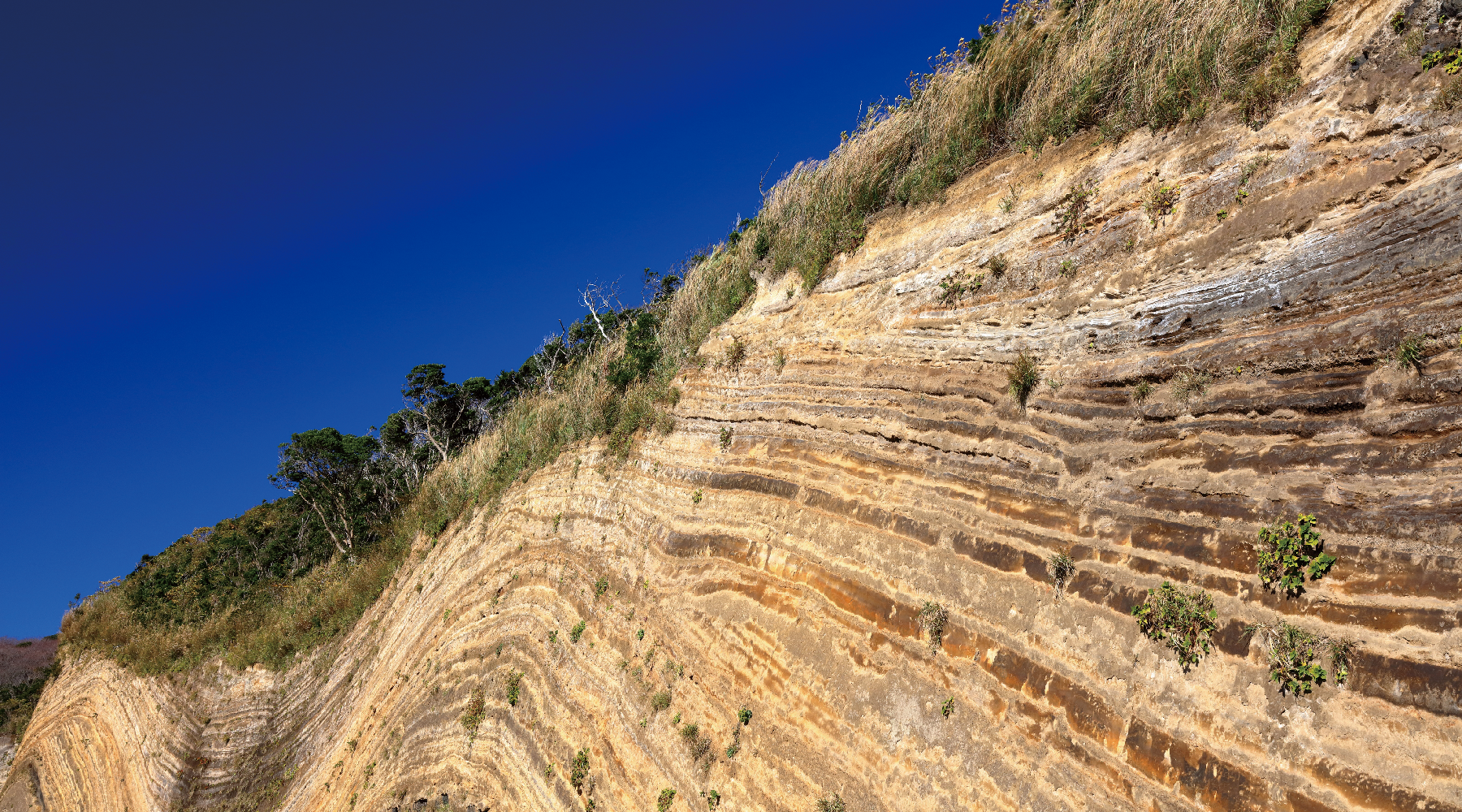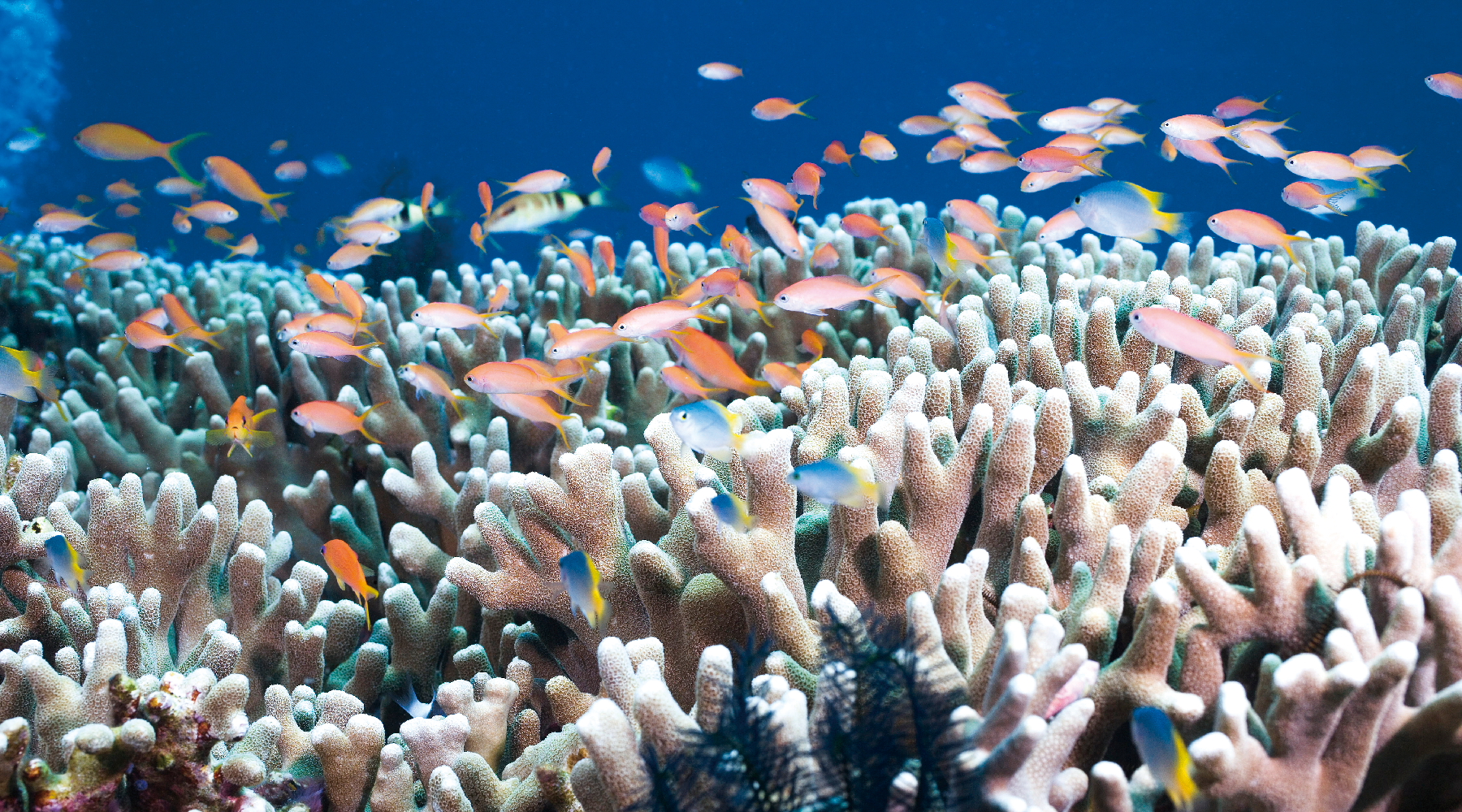** Progress in Earth and Planetary Science is the official journal of the Japan Geoscience Union, published in collaboration with its 51 society members.
** Progress in Earth and Planetary Science is partly financially supported by a Grant-in-Aid for Publication of Scientific Research Results to enhance dissemination of information of scientific research.
Gallery View of PEPS Articles
Research
Human geosciences
Session convener-recommended article JpGU Meeting 2016
201710201710
Coastal sand dune ecosystem services in metropolitan suburbs: effects on the sake brewery environment induced by changing social conditions
Kaneko K, Matsushima H
Ecosystem Service, Coastal Dune System, Land Use Change, Japanese Sake, Brewing, Soil and Groundwater
Chiba Prefecture, Japan, lies very near Tokyo, the capital city of Japan. It borders the sea on three sides and is banded by coastal dunes. Several sake breweries are located near these dunes. Although there are records of sake brewing along the coast of Tokyo Bay since 1925, sake breweries have completely disappeared in several areas. We believe that sake brewing in these areas benefited from the ecosystem services afforded them by their proximity to the coastal ecosystem. We investigated potential environmental factors (e.g., landscape, soil, and groundwater), as well as conditions that could have driven sake brewers away from the coastal area. Many of the sake breweries that no longer exist were located on coastal dunes (i.e., sand, sandbanks, and natural levees) and obtained their water from a freshwater layer located 3–10 m below the surface. We speculate that these sake breweries benefited from using natural ingredients found in the coastal zone. We also investigated the following factors that may have negatively impacted the breweries, driving them out of business: (1) bankruptcies and reconstruction difficulties that followed the destructive 1923 Great Kanto earthquake, (2) industrial wartime adjustments during World War II (1939–1945), (3) development of coastal industries during the period from 1960 to 1975, and (4) increasing choices for other alcoholic drinks (e.g., beer, wine, and whiskey) from the 1960s to the present.
